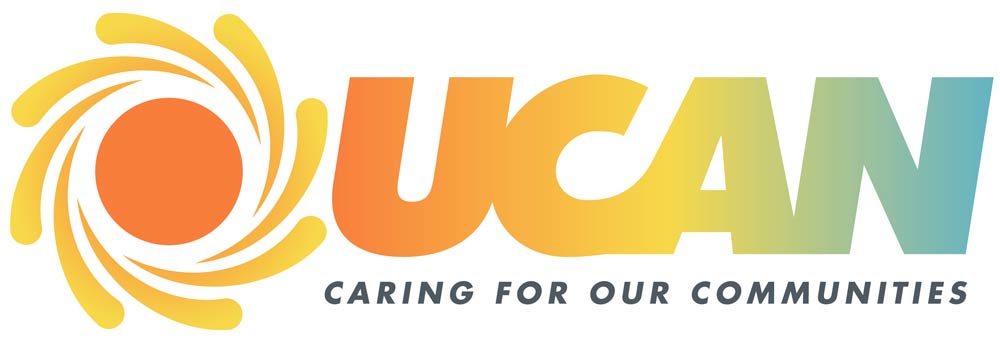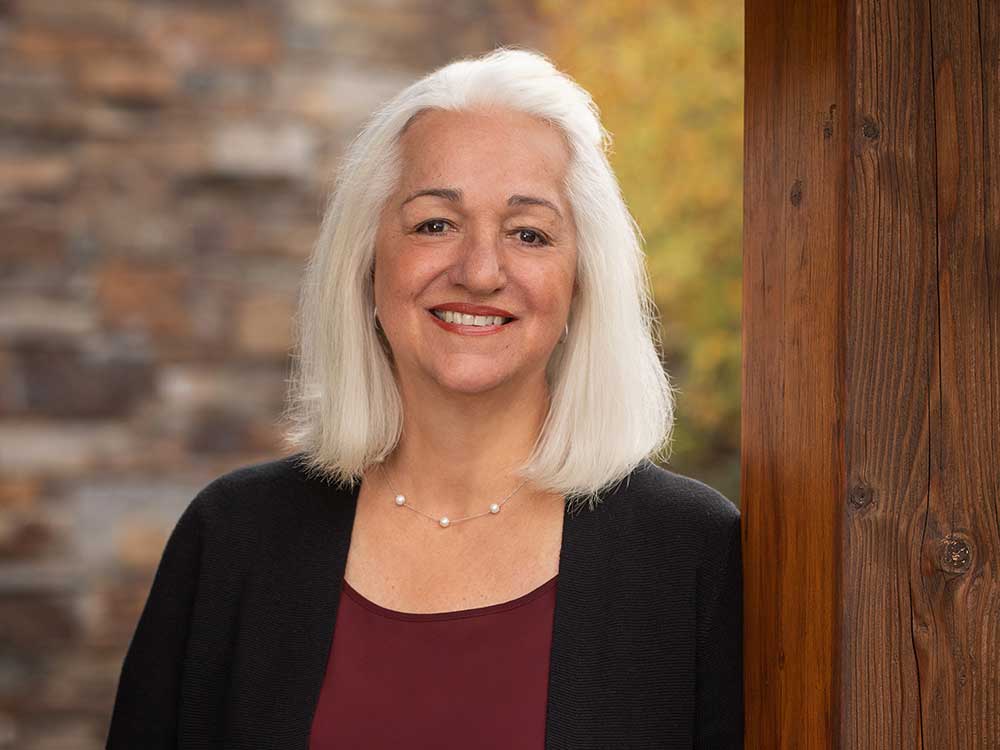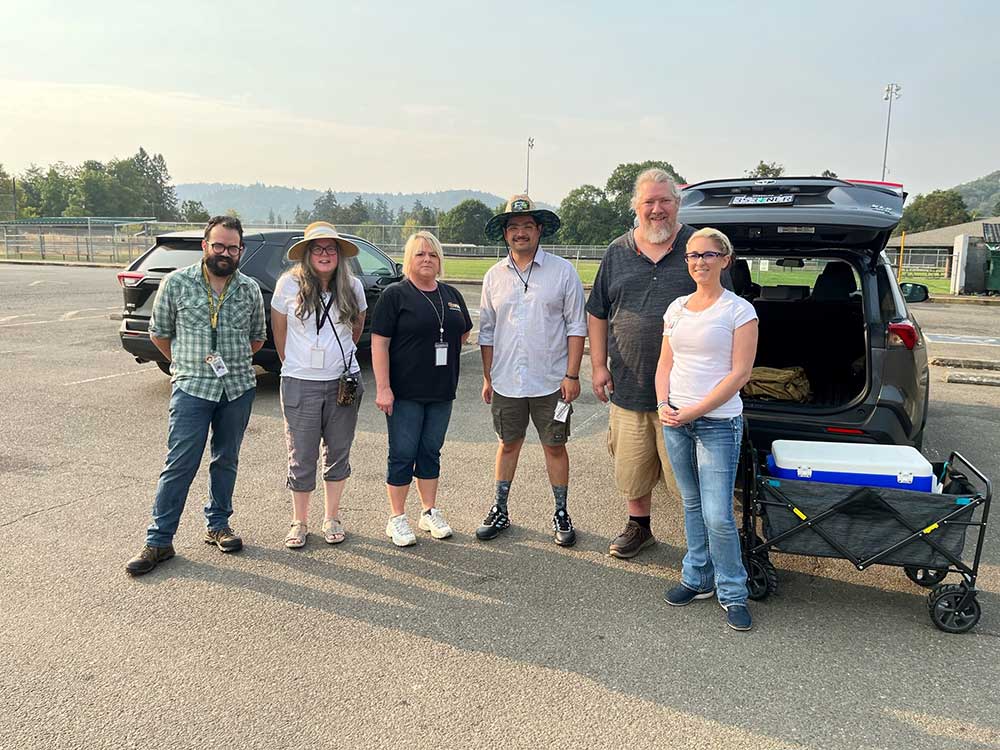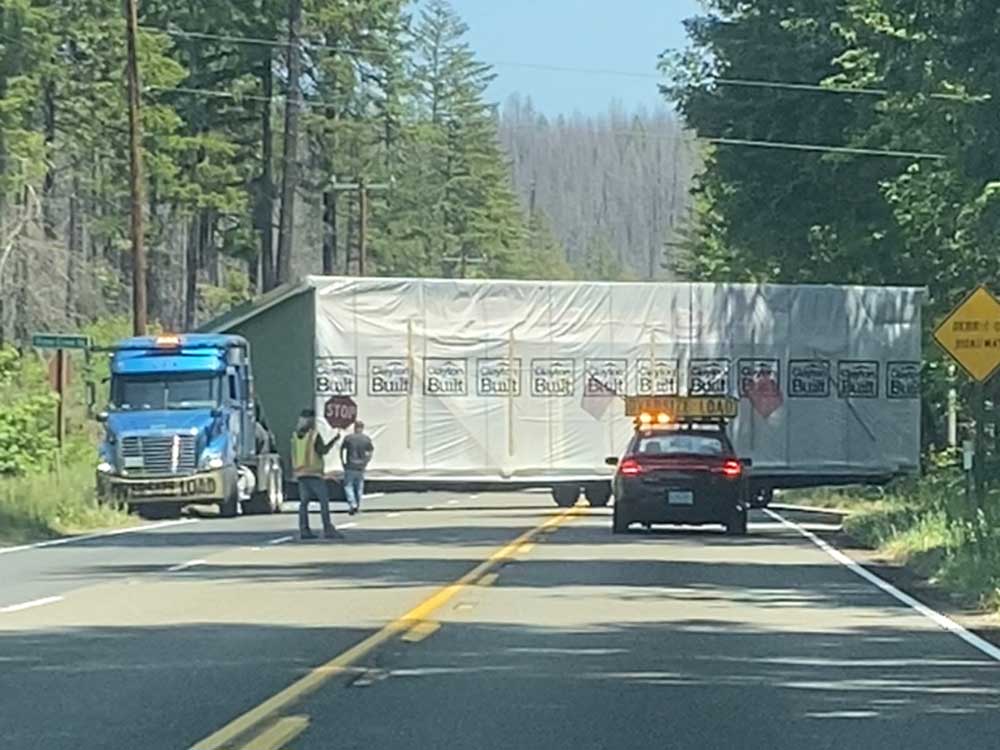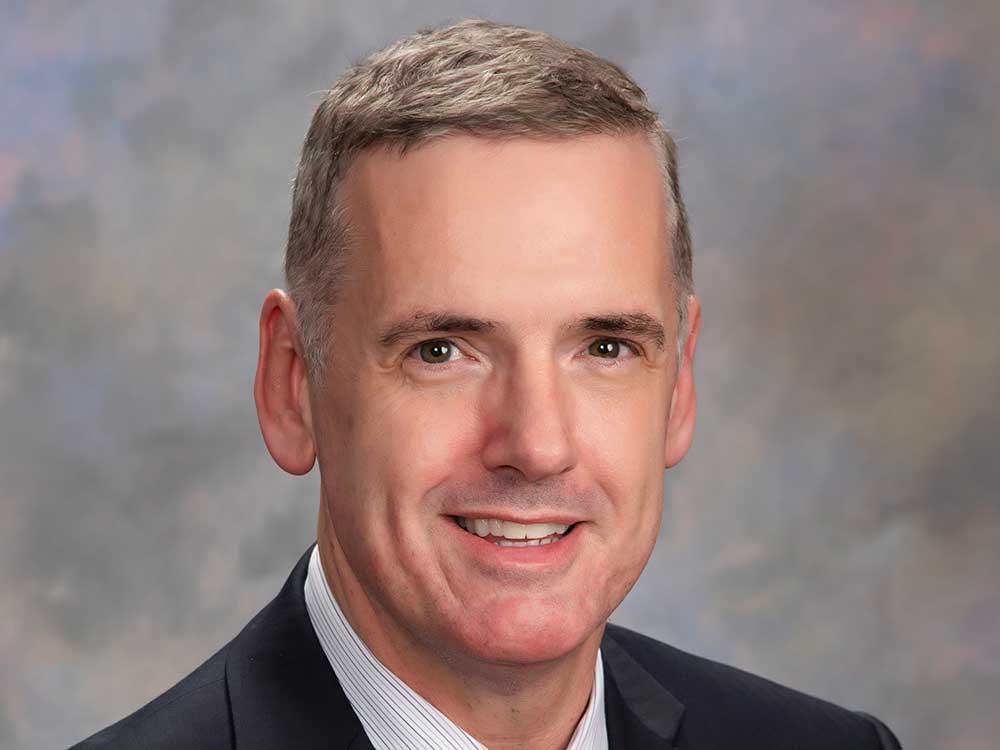
Non-profit newsletters, including our own, often feature stories about their successes. Though my staff do an incredible job day in and day out serving hundreds of clients, staff alone cannot guarantee that clients will succeed. It takes a team, including not only staff, but also community partners and clients themselves, to successfully move past challenging issues.
I am very proud to lead our group of hardworking, devoted staff. UCAN staff regularly help some of our community’s most vulnerable individuals. But their dedication goes above and beyond their daily tasks. In this issue of our newsletter, you’ll read how staff improvised during the recent record-breaking heat wave to provide water, food and even air conditioners to those most in need.
Partners, both for-profit and non-profit often work creatively to ensure our residents and communities’ needs are met. While arranging to have a manufactured home delivered to a wildfire survivor, staff learned that the bridge into the survivor’s community was closed. Undeterred, the home’s manufacturer made alternative arrangements the next day and drove the manufactured home’s components on a 230 mile detour through winding mountain roads. In another example, when UCAN needed over $2,000,000 to secure a $1.5 million state grant to build a new Head Start building, but couldn’t launch a capital campaign prior to securing the support, The Ford Family Foundation stepped up and agreed to match future local contributions 3:1 up to $1.5 million.
For all the creative support provided by staff and partners, we often see our clients succeed in large part through their own hard work and resilience. In this newsletter, you will read about a great-grandmother who made a major commitment to raise both her infant great-granddaughter and her one year old brother. Working closely with our Healthy Families staff, she has ensured that the two children have had a warm, nurturing home in which to thrive. And you’ll learn about a mother of four, formerly incarcerated and in recovery from substance abuse, who has persisted through years of recovery to obtain both regular employment and permanent housing.
I invite you to read more about each journey to success in this newsletter’s articles. And I urge you to join in to support your neighbors and your communities. Consider donating to UCAN. Organize a food drive. If you’re 55 or older, make friends while you volunteer with our RSVP program. Together, we can accomplish so much.
